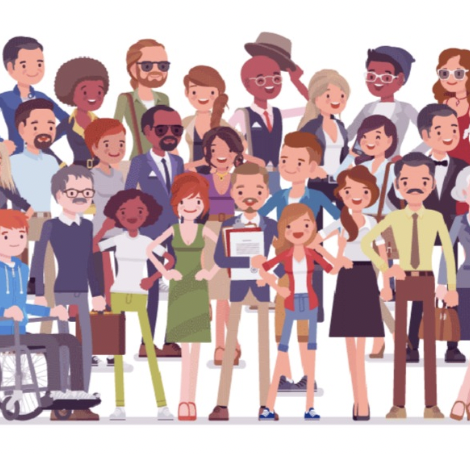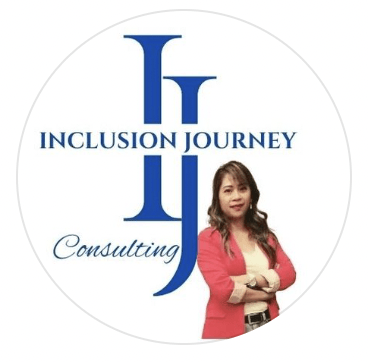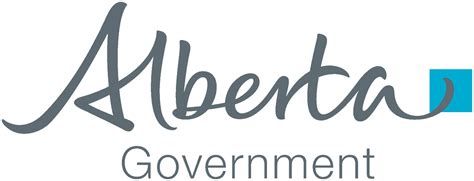How do you promote diversity of thought? Start with intercultural intelligence
How Do You Promote Diversity of Thought?
Diversity of thought or cognitive diversity refers to differences between team members in characteristics such as values, expertise, experiences, perspectives, and processing styles. It is not predicted by factors such as gender, ethnicity, or age. Recognizing cognitive diversity and leveraging on this brings about innovation and more sense of belonging in the workplace. This is when the concept of inclusion is seen in action.
Cognitive diversity is less visible but definitely present in a team
A diverse group can be surprisingly similar inside. On the surface, the team might seem to be diverse, but underneath they are very similar so we don't get the full benefit of diversity. This is quite similar to a basket full of Easter eggs with various colors and different designs but in reality, they're all the same!
A case study on a group of global CEOs and their international teams who seemed to have problems mostly based on misunderstandings showed that over 90% of the participants had similar profiles and underlying drivers despite the fact the participants came from five different countries.[1] Using the latest tool to assess the dynamics of individual and group mindset as well as understand both personality and cultural differences, they then understood how much the team had in common and how they could make the most of their differences. They all had similar needs and values, and they applied different best practices to meet those needs and achieve those goals.
The challenge here is that we may have a diverse team and the above case study showed that relying on just the diversity of the team alone doesn’t encourage and promote diversity of thought. A better approach would be to recognize the individual experiences, values, and thought preferences to tap into the diversity of thoughts within the team. This is when creativity and innovation are unlocked!
In the workplace, people might prefer to fit in, so they are cautious in expressing their true opinion or perspectives. If diversity of thought is what we need to succeed in making people think out of the box and be comfortable in dealing with new, uncertain, and complex situations, we need to encourage people to express themselves and apply their different modes of thinking. Leaders need to create a safe space for their team to try things in various ways, removing repercussions when things are done differently from the status quo. This means leaders will have to get much better at building their team’s sense of psychological safety.
Aside from building a psychologically safe environment, another important competence to develop is increasing the level of intercultural intelligence (ICQ) within ourselves and within the team.
Intercultural Intelligence is key to unlocking diversity of thought
Intercultural intelligence (ICQ) is not just about learning about the do’s and don’ts in different cultures but more about understanding ourselves first before trying to understand others. This competence levels up to one's intellectual intelligence (IQ) and emotional intelligence (EQ).
Intercultural intelligence is the ability to break down barriers within and between people, because we understand why people think and behave differently depending on their personality type and cultural background.
It is about connecting with ourselves first and then with others by learning to see the world from different perspectives. At the team level, intercultural intelligence taps into how the team can leverage their personal and cultural differences.
How does having intercultural intelligence promote diversity of thought?
Another study showed that on average, 79% of employee performance is lost because of clashing values and personalities combined with poor leadership. All three reasons stem from the same source: a lack of understanding of the blueprint of why people think and behave differently.[2]
In today’s fast-moving, complex organizations, 90% of execution is the interaction between people who think and behave differently[3]. The skill to turn those differences into synergy is the key to unlocking diversity of thought. The more we understand why people think and behave differently, the better it is for our business.
Here are the benefits of developing intercultural intelligence and how it leads to promoting diversity of thought:
1) Having intercultural intelligence leads to self-awareness
If we understand ourselves, we recognize why our values and preferences affect how we behave. Knowing this leads to becoming aware of our cognitive preferences that include how we process new information, how we deal with problems as well as how we react to new and uncomfortable situations.
Being aware that we have various preferences can help us deal with previously challenging situations and aid us in identifying the value that comes from working differently.
For example, when faced with dealing with a complex problem, we can ask ourselves:
- Do I use past experiences to come up with a new solution? OR
- Since I know previous experiences wouldn’t help when dealing with this complex problem, I would explore new options only to address this.
2) Having intercultural intelligence leads to acceptance of others by acknowledging that others will have a different way of doing things
Other people would prefer to have more information before being asked for an opinion off-hand during a meeting. When faced with a similar situation, do you recognize that this person has a different way of analyzing info and not because they didn’t come prepared for the meeting? You can then ask yourself, what can I do differently next time so I can help them and include them in future conversations.
3) Having intercultural intelligence will give you the ability to improve relationships
Intercultural intelligence will improve your ability to communicate effectively since you now understand why people think differently depending on their personality and cultural background. Having ICQ will help you strategize on how to better lead your team because you’d understand their different cognitive preferences, you reduce assumptions and biases and you’d learn how to respond appropriately instead of reacting to a situation.
How do we develop intercultural intelligence (ICQ)?
Developing ICQ is not just about learning about the statistically average values and beliefs of different countries. It is about having the ability to see a situation from multiple perspectives so we can make better decisions.
Here are ways to develop your intercultural intelligence:
1) Lead yourself first before leading others by developing a growth mindset. Having a growth mindset will help one understand the 3 layers of behaviors that drive our values, personality, and the way we respond and make decisions.
2) Build competence by getting to know other behavioral styles and cultural dimensions. Having this knowledge will help you reflect on your behavior and how your behavior influences other people’s perception
3) Be curious about other people’s experiences, backgrounds, and cultures. Get to know your team by sincerely asking questions about them that will widen your worldview.
4) Learn how to communicate effectively across cultures, genders, generations, and with people who have a different view than your own.
5) Develop a more cohesive team by using data from tools that measure cognitive diversity and interaction gaps. Ensure that you are using the latest tool such as Global DISC [4] that would unlock the potential at the individual level and reveal the cognitive diversity index of the team and help develop your intercultural communication skills.
How is your team doing when it comes to encouraging diversity of thought?
If you want to learn more about how we can unlock the potential of your team, turn diversity into synergy instead of a liability, click on the link to schedule a complimentary consultation with me.
About Maria Drueco
Maria is a D&I consultant with diverse experience and expertise in HR consulting, HR program content development, facilitation, Business Development, and Sales and Marketing. After more than 15 years of Sales, Marketing, and Business Development experience in the Philippines and in Canada, she then shifted to Human Resources, focusing on developing programs and strategies for inclusive workplace culture, improve personal effectiveness, enhanced employee engagement, and supporting new leaders in the organization.
Connect with her on LinkedIn
References:
- [1] Toth, Csaba, Uncommon Sense in Unusual Times, ICQ Global Ltd., Authorsunite.com, 2020
- [2] Toth, Csaba, Uncommon Sense in Unusual Times, ICQ Global Ltd., Authorsunite.com, 2020
- [3] Toth, Csaba, Uncommon Sense in Unusual Times, ICQ Global Ltd., Authorsunite.com, 2020
- [4] Global DISC is an ICF accredited, multi-award-winning coaching solution for unlocking the potential within and between people by leveraging individual and group mindset. It uses a behavioral model explaining how personality type AND cultural background influence all 3 layers of identity, WHAT, HOW, and WHY we do act, feel and think the way we do. A solution that measures the intercultural gap between individuals, groups, or an individual and a group.















